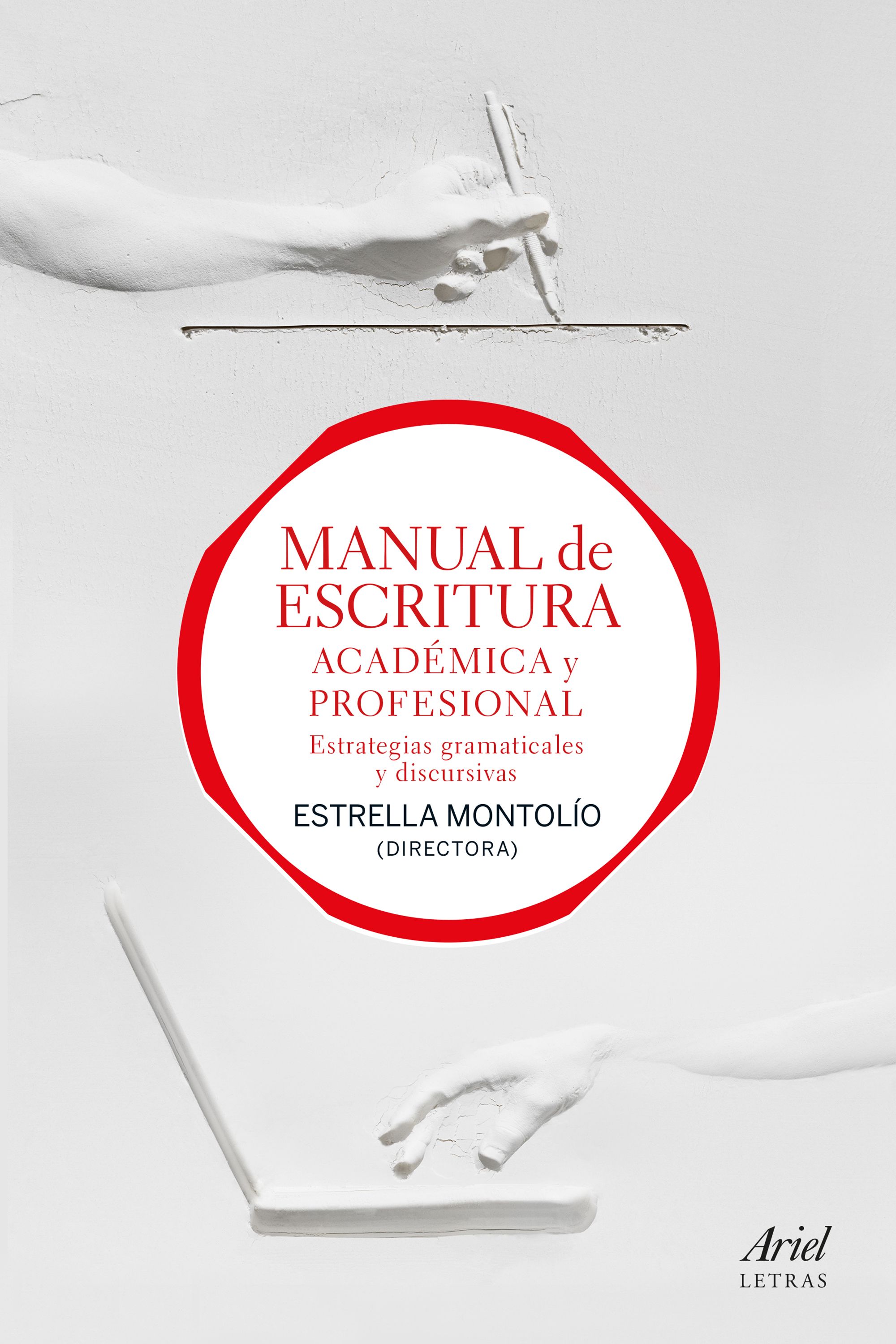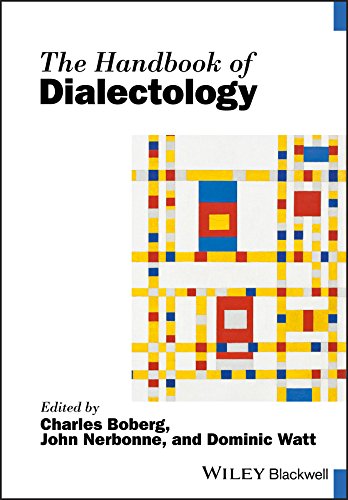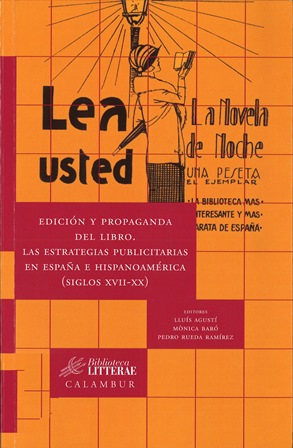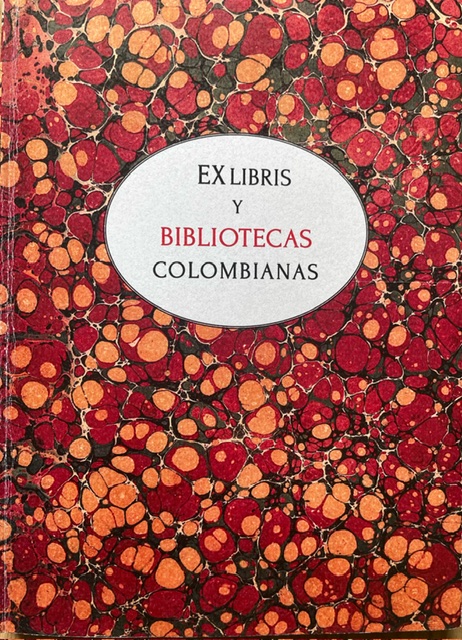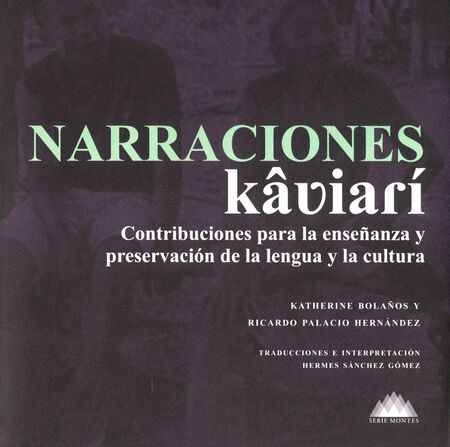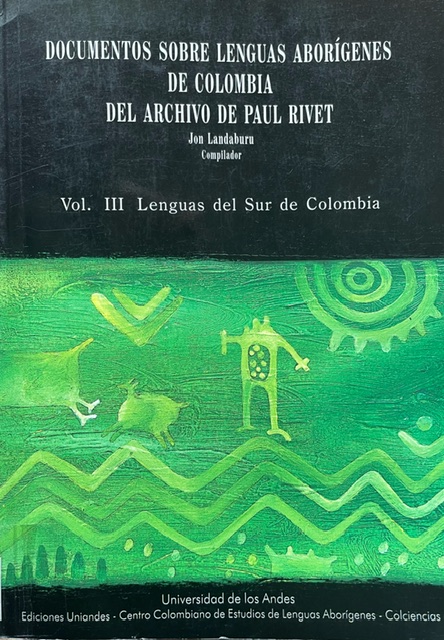Translation and epistemicide : racialization of languages in the Americas / Joshua M. Price
Tipo de material: TextoIdioma: Inglés Tucson, Estados Unidos : University of Arizona, 2023Descripción: xiii, 189 páginas : 24 cmISBN:
TextoIdioma: Inglés Tucson, Estados Unidos : University of Arizona, 2023Descripción: xiii, 189 páginas : 24 cmISBN: - 9780816547821
- 22 418.02 P945
| Tipo de ítem | Biblioteca actual | Colección | Signatura topográfica | Copia número | Estado | Notas | Fecha de vencimiento | Código de barras | |
|---|---|---|---|---|---|---|---|---|---|
| Libros | Sede Centro | Colección General | 418.02 P945 | ej. 1 | Disponible (En catalogación) | tmt10 | 500087300 |
Incluye bibliografía y referencias bibliográficas.
Introduction: Translation and Epistemicide. --
1. Colonization and Commensuration: Asymmetries in the Making of Bilingual Dictionaries. --
2. The Anguish of Decolonial Translation: José María Arguedas and Walter Benjamin. --
3. Translation as Terrorism?. --
4. Translating Performance in Latin America. --
5. La Jotería: Stereoscopic Readings Against Epistemicide. --
Conclusion: An Ethics and Politics of Bewilderment. --
Translation has facilitated colonialism from the fifteenth century to the present day. Epistemicide, which involves destroying, marginalizing, or banishing Indigenous, subaltern, and counter-hegemonic knowledges, is one result. In the Americas, it is a racializing process. But in the hands of subaltern translators and interpreters, translation has also been used as a decolonial method.
The book gives an account of translation-as-epistemicide in the Americas, drawing on a range of examples from the early colonial period to the War on Terror. The first chapters demonstrate four distinct operations of epistemicide: the commensuration of worlds, the epistemic marginalization of subaltern translators and the knowledge they produce, the criminalization of translators and interpreters, and translation as piracy or extractivism. The second part of the book outlines decolonial translation strategies, including an epistemic posture the author calls “bewilderment.”
Estudios editoriales
Todas las Adquisiciones




